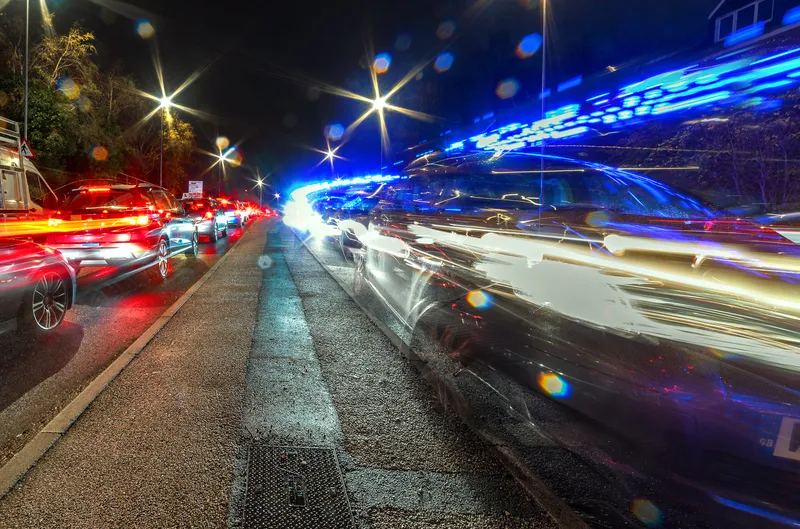A US$1 billion project, which will add 24 kilometres of extra lanes to one of Victoria’s busiest and most important roads and reduce congestion and travel time to Melbourne airport, is set to be unveiled.
Minister for Roads and Road Safety, Luke Donnellan, has announced that the Victorian Government and Transurban had signed a new, robust agreement to deliver the CityLink Tullamarine Widening Project.
The Australian and Victorian Governments and Transurban will jointly fund the project, which also inc
May 1, 2015
Read time: 2 mins
A US$1 billion project, which will add 24 kilometres of extra lanes to one of Victoria’s busiest and most important roads and reduce congestion and travel time to Melbourne airport, is set to be unveiled.
Minister for Roads and Road Safety, Luke Donnellan, has announced that the Victorian Government and600 Transurban had signed a new, robust agreement to deliver the CityLink Tullamarine Widening Project.
The Australian and Victorian Governments and Transurban will jointly fund the project, which also includes a new bridge over the freeway at Bell St, major improvements to the English Street interchange and the widening of the entry ramp from the Bolte Bridge to the West Gate Freeway.
The CityLink-Tullamarine corridor is one of the most heavily congested roads in Melbourne with 210,000 vehicles using the road a day. The installation of a freeway management system, including modern technology such as ramp signalling and variable message signs, is intended to reduce the congestion while making the roads safer for the large volume of motorists.
The project will be delivered in two sections, with Melbourne Airport to Bulla Road managed by4728 VicRoads and Bulla Road to Power Street managed by Transurban. The expanded agreement will also mean less disruption for motorists, with major works confined to night periods.
Major construction will start in October 2015 and is due for completion in 2018.
Minister for Roads and Road Safety, Luke Donnellan, has announced that the Victorian Government and
The Australian and Victorian Governments and Transurban will jointly fund the project, which also includes a new bridge over the freeway at Bell St, major improvements to the English Street interchange and the widening of the entry ramp from the Bolte Bridge to the West Gate Freeway.
The CityLink-Tullamarine corridor is one of the most heavily congested roads in Melbourne with 210,000 vehicles using the road a day. The installation of a freeway management system, including modern technology such as ramp signalling and variable message signs, is intended to reduce the congestion while making the roads safer for the large volume of motorists.
The project will be delivered in two sections, with Melbourne Airport to Bulla Road managed by
Major construction will start in October 2015 and is due for completion in 2018.










